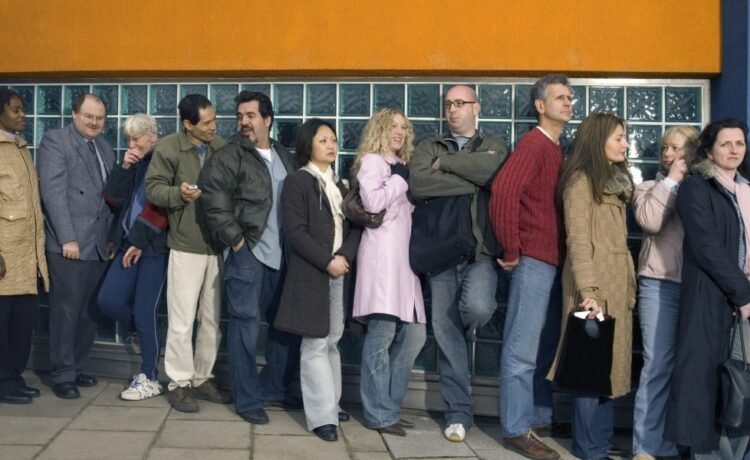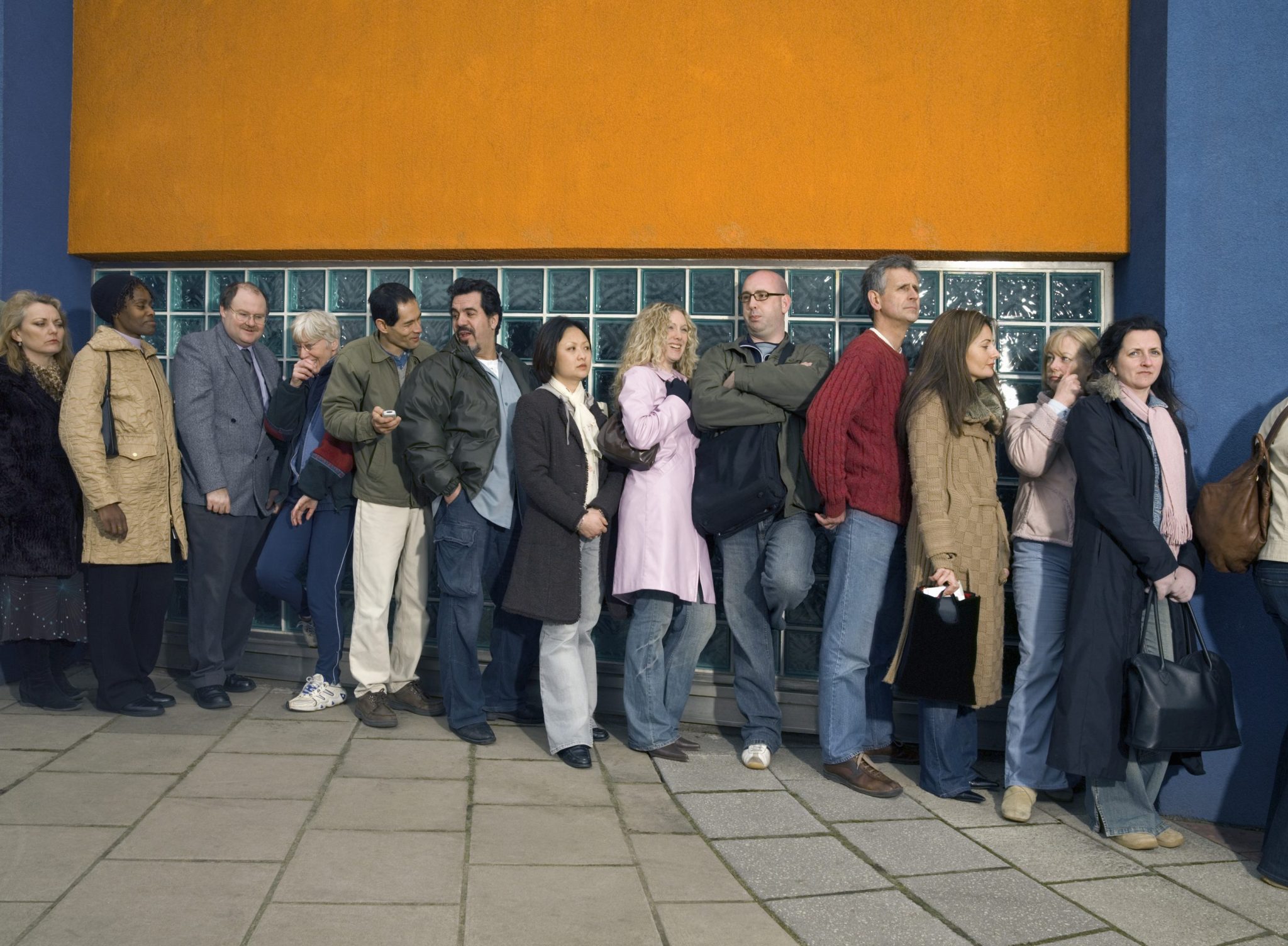The U.S. economy actually grew by nearly a million fewer jobs than previously thought, and ‘AI is automating away tech jobs,’ economist says


The U.S. economy created nearly one million fewer jobs over the past year than previously thought, according to newly revised data from the Bureau of Labor Statistics, and the biggest percentage losses came from industries tied to technology—an area that is under scrutiny from economists assessing the impact of artificial intelligence.
The BLS’s Preliminary Benchmark Revision cut total employment between March 2024 and March 2025 by 991,000 jobs, a 0.6% downward adjustment. That marks one of the sharpest annual recalibrations in recent history. Prior to Friday’s release, economists had expected a revision closer to 682,000. The BLS noted that benchmark revisions are usually within a plus-minus of 0.2%.
After the update, the data paint a much weaker picture of hiring momentum. Job growth in 2024 now averages just 106,000 per month, down from the originally reported 168,000. For 2025 so far, the pace has slowed to only 44,000 jobs per month.
“The revision shows the economy entered 2025 with less momentum than previously understood,” said Bill Adams, chief economist at Comerica Bank in Dallas, in a statement to Fortune. The preliminary benchmark revision was worse than expected, the Comerica statement added. Accounting for it, job growth has been weak for most of this year.
AI’s fingerprints on tech layoffs
The biggest hit came in the information industry, a category that includes internet companies, software publishing, and broadcasting. Employment here was revised down by 67,000, or 2.3%. Between March 2024 and March 2025, information sector jobs were revised down by 88,000, a 3% decline—and they’ve continued falling into this summer. Adams noted that “The revised data show more clearly that AI is automating away tech jobs.”
Other sectors also saw notable downward revisions:
- Leisure and hospitality: down 176,000 jobs (1.1%)
- Wholesale trade: down 110,000 jobs (1.8%)
- Professional and business services (including temp agencies): down 158,000 jobs (0.7%)
Still, it was the retrenchment in tech and information services that stood out to Adams, raising new concerns about how quickly advances in AI are reshaping the job market. A sweeping study by Stanford University economists published in August found an outsized impact on entry-level tech roles exposed to automation by AI, with a 13% decline since 2022. Yet struggles with AI adoption have given some business leaders pause, with “human skills” emerging as a sorely needed complement to AI adoption.
The bottom line for Jeffrey Roach, chief economist for LPL Financial, was similar to Adams’ takeaway: “The labor market appears weaker than originally reported.” Solid household wealth is keeping the middle and upper-income consumer afloat, he added, but the economy is in the midst of “an atypical business cycle.”
For this story, Fortune used generative AI to help with an initial draft. An editor verified the accuracy of the information before publishing.
You Might Also Like
Great Wealth Transfer is already happening as millennials hitting ‘Peak 35’ are richer than ever
Thirty, flirty, and thriving. Forget the dirty thirties: millennials are now entering their era of earning, and they’re only going...
Gen Z’s enthusiasm for all things touchable is resurrecting the analog economy—and costing parents
Generation Z has unexpectedly become the primary driver behind the rapidly growing analog music and print book economies in the...
World shakes its weary head at more Trump tariff chaos as he ‘says a lot of things, and many of them aren’t true’
The latest twist in the U.S. tariff roller coaster ride, launched when President Donald Trump returned to office 13 months ago...
Jake Paul said OpenAI’s Sam Altman gave him a crash course on efficiency and lean 15-minute meetings
A chance meeting at President Donald Trump’s second inauguration brought together OpenAI Sam Altman with YouTuber-turned-boxer Jake Paul, an unlikely...









